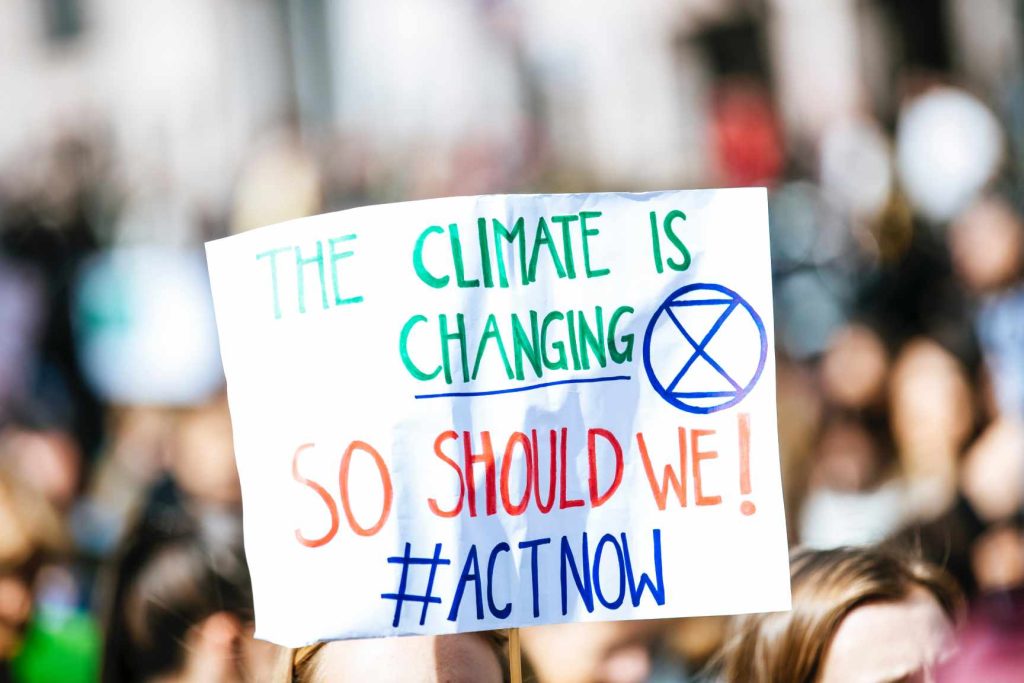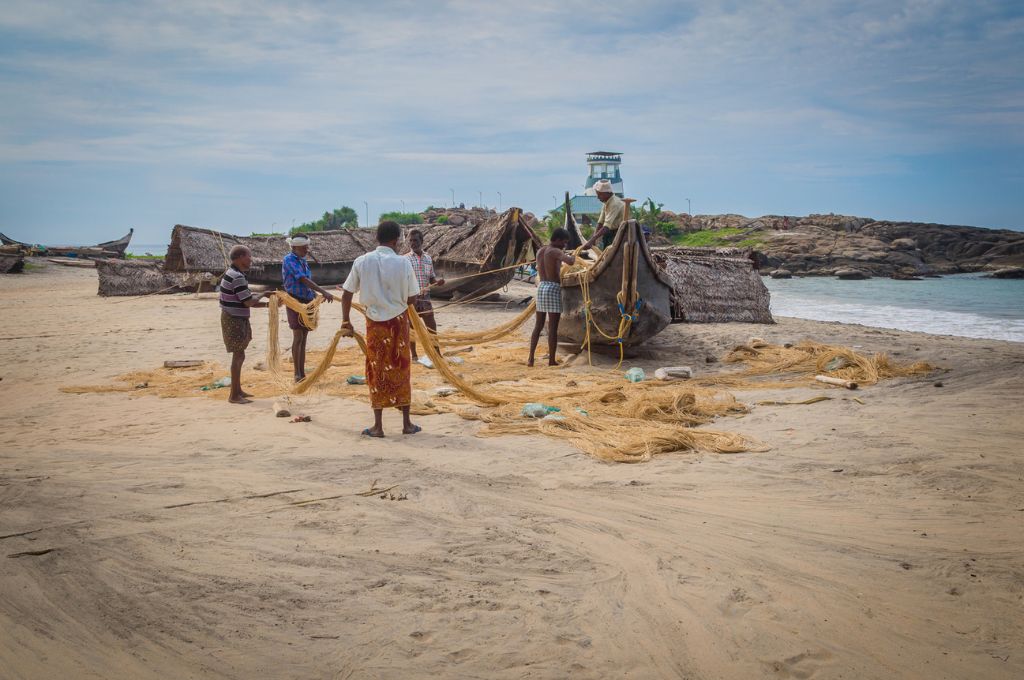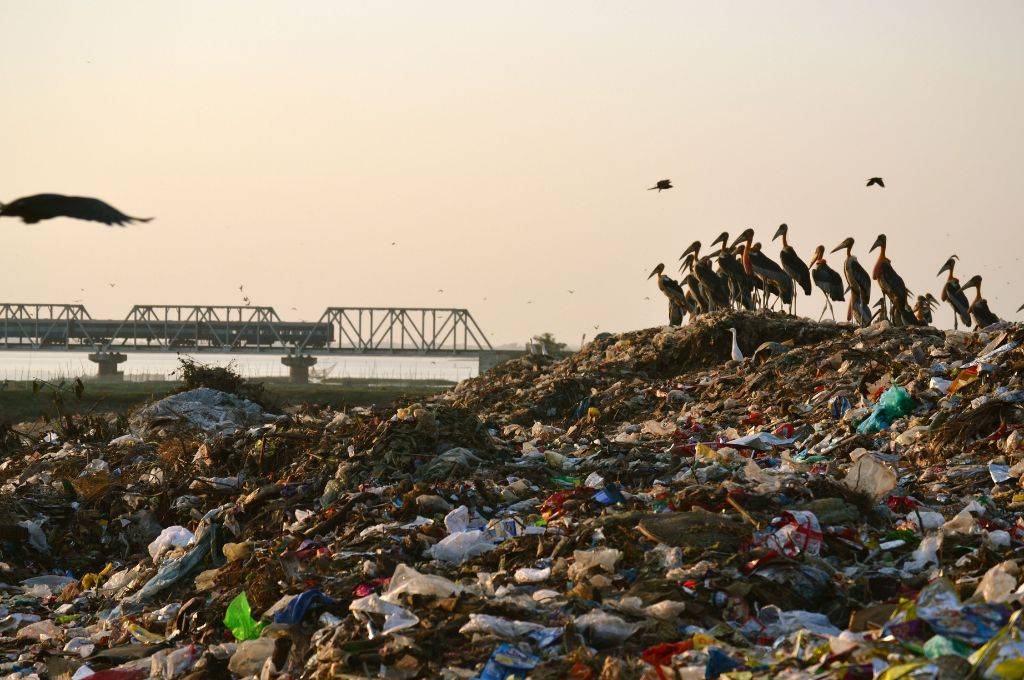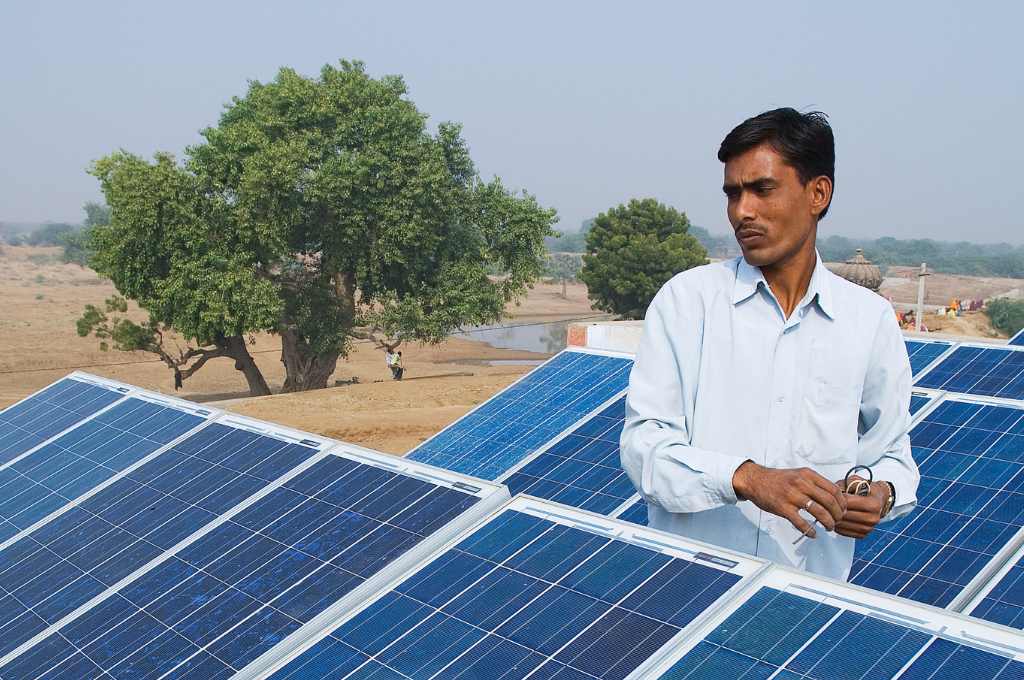The first draft of the COP 26 agreement in Glasgow was released earlier this week. In it the COP acknowledges the need to renew efforts to limit temperature increase to 1.5 degrees Celsius above pre-industrial levels, echoing the recommendations of the most recent IPCC report. And while this draft will be debated intensely in the time that delegates have left before the close of the conference this week, its tepid tone reveals the fissures between countries. Developed countries are not only struggling to acknowledge their historical responsibility for climate change, but are also attempting to escape the burden of financing adaptation and mitigation activities in the developing world.
This draft also serves as a reminder that the difference between 1.5 and 2 degrees is potentially catastrophic, and global inequality means that the brunt of the damage will be felt by communities and countries that are already the most vulnerable.

Here are four areas where the lack of progress should be of serious concern to us:
- Perhaps the most significant statement in the draft is the call to accelerate the process of phasing out fossil fuels. This is a welcome development, although it is already known that influential fossil fuel producing and consuming countries such as Saudi Arabia, Australia, and Japan have been trying to play this down. Proper pricing of fossil fuels provides incentivises for reduced consumption of these fuels. It also motivates private investment in clean energy and clean technology. It is therefore disappointing to find no reference in the first draft to fiscal instruments such as carbon taxes.1 Without a time-bound plan for phasing out fossil fuels, the global net zero plans will remain unattainable.
- Section V of the draft on financing is the portion that developing countries will examine with the greatest interest. Here, the statement merely ‘notes with regret’ that developed countries had failed to meet their target of raising USD 100 billion annually by 2020, in line with the promises they made in 2009 at the Copenhagen COP. Developed countries have reportedly been resisting these targets. They are now aiming to meet this target by 2023, giving themselves three additional years. While one can partly blame COVID-19 and the subsequent global economic contraction, in reality, climate finance has fallen far short of the mark, and the ambiguities in definitions make access harder for developing countries.
- While there is acknowledgement that climate finance needs to be more transparent, the first draft also points out that the eligibility for specific types of financing and the process of accessing these funds remains extremely complicated. This is an area where far more needs to be done. Transparency in how financial contributions are computed has been a long-standing demand. International private finance instruments have been variously accused of being too complex and greenwashed, and are in general too difficult for developing countries to access.
- On loss and damage, the first draft makes a rather feeble mention of ‘finance’. In saying “climate change has already and will increasingly cause loss and damage”, it carefully steers away from mentioning the role of industrialised countries in climate change. Loss and damage is a key aspect of the ‘climate justice’ agenda. A forum such as the COP cannot realistically be expected to produce a statement that would satisfy climate activists. However, a clearer emphasis on financing that recognises the historical responsibility of the world’s wealthiest nations in global warming is the need of the hour to set the tone for global cooperation.
Overall, then, for a landmark summit of the nature of COP 26, this first draft gives us surprisingly little that is newsworthy. The ‘net zero’ commitments made by countries such as India gave the COP an impressive start. It also put the focus on nationally determined contributions (NDCs)—domestic action driven by conscious policy choices that countries made for themselves. That’s where the action needs to be if the world is to have any hope of achieving its target of reaching net zero by 2050. However, as negotiations progress and an agreement is reached by the end of COP, climate financing remains a crucial yet unattainable goal. Climate-vulnerable countries need adequate financing that can support them in making those crucial policy choices and a timely transition. If this doesn’t happen, limiting global temperature to 1.5 degrees above pre-industrial levels may well be a bridge too far.
From the evidence of this first draft, the world is failing to unite in the face of the climate crisis. If this is where we end up as negotiations close, there is no doubt that we will repent at leisure.
—
Footnotes:
- A carbon tax is a tax imposed on emissions required to produce particular goods and services; for instance, a levy imposed on the price of diesel or petrol or on airline tickets.
—
Know more
- Learn more about why the first draft of the agreement does not support climate-vulnerable countries.
- Read this compilation of tweets that highlights how this year’s COP is excluding important voices and people.
- Read this article to understand why climate finance for developing and poorer countries is crucial at COP 26.




